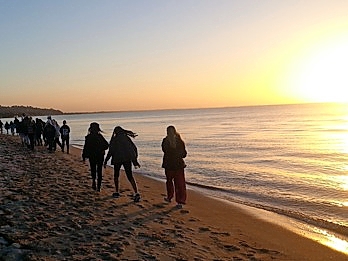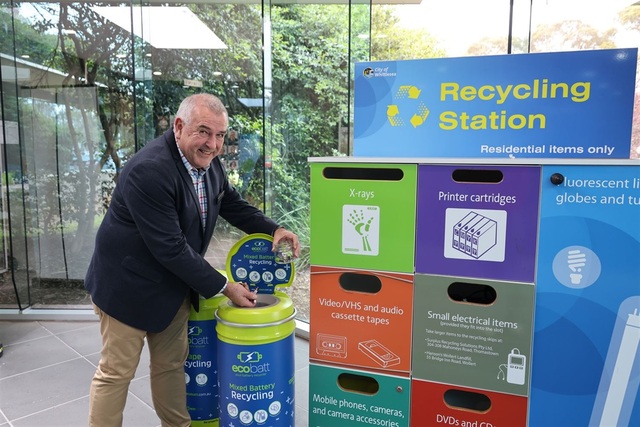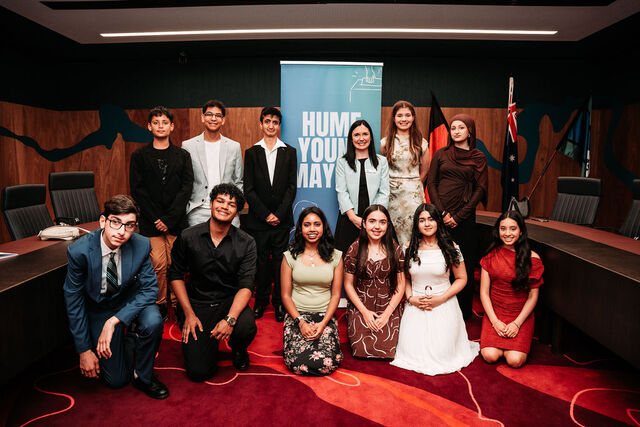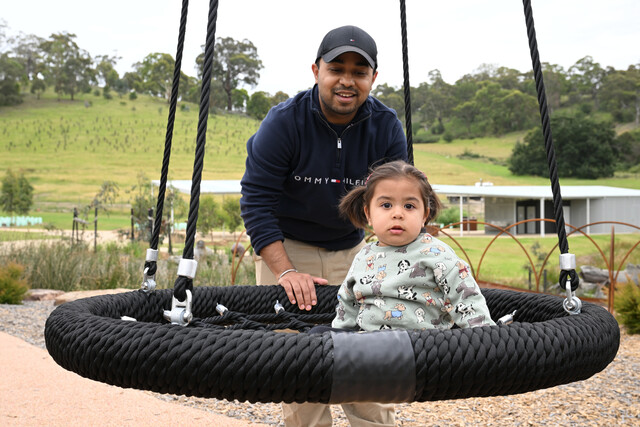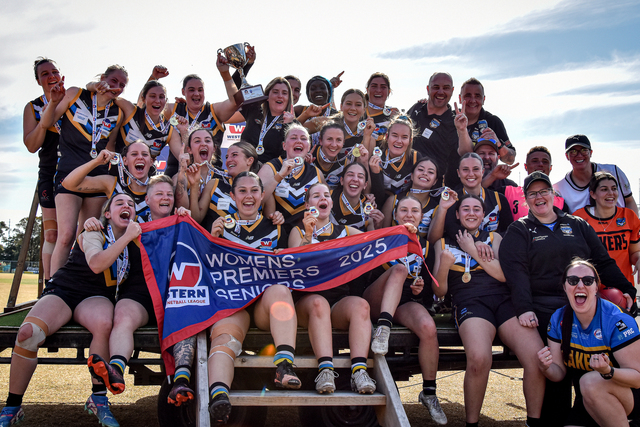Student retreats have long held an important place in the Catholic education system.
Fifty years ago, it was a day or two dedicated to lectures from religious leaders, prayer sessions and time for quiet reflection. From tumbling workshops to orienteering, today’s Catholic school retreat takes on many different forms, but its purpose has changed little.
“It’s about educating the whole person,” says Patrick Platt, religious education and faith co-ordinator at Catholic Ladies’ College in Eltham.
“[When] we are thrown into a situation where ‘normal’ isn’t there anymore, we begin seeing things from a different perspective, with new insights and understandings of who we are.”
CLC has retreat opportunities at all year levels, ranging from year 8 workshops on global poverty and injustice to a three-day reflection trip for VCE students. Platt was part of a team that revised the school’s year 12 retreat program in 2013. He says the concept of a retreat has changed because the audience has.
“The girls always ask me, ‘How much praying are we going to do?’” he says. “We accept students from a broader perspective of beliefs, so we’ve tried to create a program that focuses on the sacredness of the individual rather than directly linking activities to religious beliefs.”
Ice-breaker games and team-building challenges feature prominently on the agenda for the three-day trip, as do sharing activities that encourage students to reflect on the positives in life. Platt says that while there are no formal religious rituals, group work helps students to realise that fun has a spiritual dimension.
“All these activities are designed to move participants out of the ordinary, mundane, daily routines and the stress of their VCE study and schoolwork, to be in a space where they are feeling good and are open to experience and ponder the sacredness of their lives.”
St Monica’s College in Epping takes it one step further, with an entire campus dedicated to taking students out of their daily routines once in a while.
The school has owned Ostia at Strath Creek, an hour north-east of Melbourne, since 1999. The 7.3-hectare property has a sprawling mud-brick and cedar house that sleeps up to 18 students, plus staff. There are also five paddocks, four dams and a couple of horses.
Overnight stays at Ostia are offered to students in years 8 and 10, with programs designed to address social issues encountered at different age groups.
Teacher Chris Callinan, who specialises in student well-being, says staff are careful to encourage the term “retreat” rather than “camp”.
“The term ‘camp’ has connotations that there’s going to be lots of physical activity and, while they’ll be spending time outside, this isn’t about ropes courses or setting up tents,” he says.
“The whole point is to facilitate an opportunity for students to talk about life and the issues that confront them.”
Circus workshops and problem-solving activities are interspersed with discussions about self-esteem and respect for others, themes Callinan says particularly resonate among the year 8s.
“As students moved from year 7 to year 8, we noticed a lot of bullying issues. So we really try to specifically address those relationship issues.
“You’ve got to be silly if you think [bullying] isn’t going to happen at all, but we noticed a big change … most kids have become a bit more resilient and better able to develop healthy friendships.”
Jo Davy

